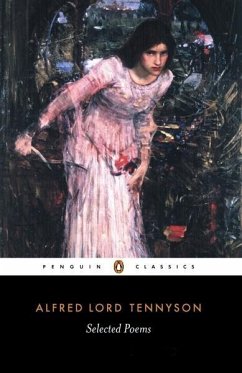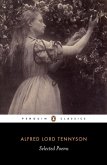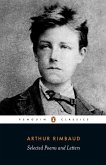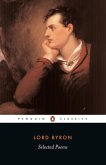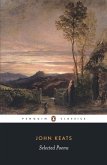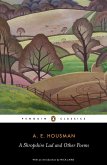'Tennyson', wrote T. S. Eliot, 'has the finest ear of any English poet since Milton,' and his verse remains unrivalled in its combination of verbal richness, emotional depth and intellectual engagement. Tennyson drew on classical and medieval legends in poems like 'The Lotos-Eaters' (1832) and 'The Lady of Shalott' (1832) to explore the spiritual tensions of the nineteenth century. In one of the great works of his maturity, 'In Memoriam' (1850) - written after the loss of his dearest friend - Tennyson vividly negotiated contemporary scepticism and the modern sciences of geology and evolution. Similar ground is covered in a dramatically darker mood in 'Maud' (1855), a poignant account of psychological disintegration.
Dieser Download kann aus rechtlichen Gründen nur mit Rechnungsadresse in A, B, BG, CY, CZ, D, DK, EW, E, FIN, F, GR, HR, H, IRL, I, LT, L, LR, M, NL, PL, P, R, S, SLO, SK ausgeliefert werden.

